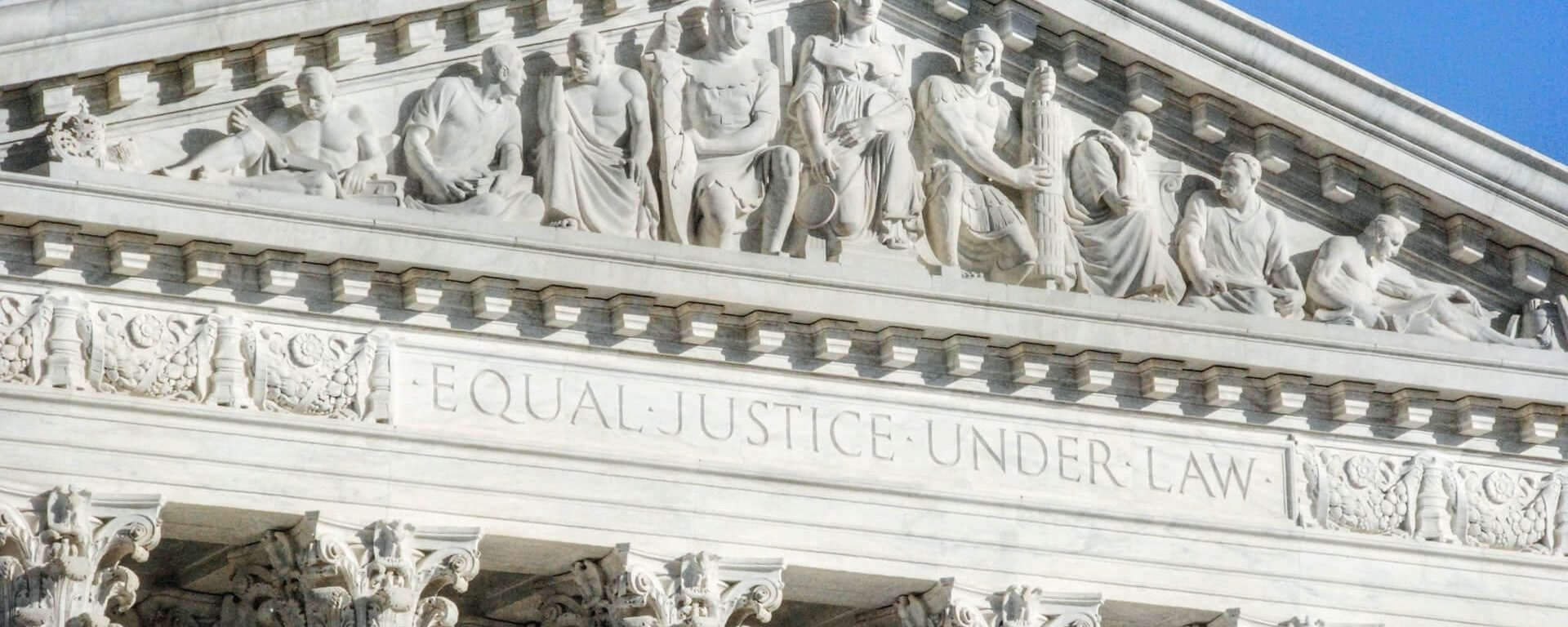Criminal justice covers all aspects of the American justice system, from the time a crime is committed to when a criminal is sentenced. As a result, criminal justice students study a combination of disciplines throughout their program.
Students of a criminal justice program earn an interdisciplinary education that encompasses communications, history, law, political science, psychology, and sociology courses. Before engaging in their sworn professional duties, criminal justice majors also take concentrated classes in essential areas of the field, such as corrections, criminal behavior, juvenile law, law enforcement, and the judicial process.
As technology advances, so does the criminal justice field. As a result, criminal justice students work hard to develop their investigative and scientific abilities through required laboratory courses and innovative internship opportunities. If you are considering taking criminal justice classes in college, keep reading to find out what to expect as a student.
Overview of Criminal Justice Classes
Students enrolled in criminal justice programs receive an all-encompassing instruction on the judicial process. They study the court systems at the State and Federal levels, the differences between civil and criminal cases, the appeals process, and how special interest lobbyists can influence court rulings.
Below are examples of some of the standard criminal justice classes you might take upon starting your degree program:
- Ethical and Legal Issues — From ethical theory to controversial current issues, students read and write on topics like abortion, economic justice, equality, euthanasia, sexual morality, the environment, and more.
- Criminal Law — Classes in criminal law contain themes of history and reasoning behind common and statutory law standards and Federal and State penal codes.
- Criminal Procedure — Courses in criminal procedure provide learners an in-depth look into how the United States Constitution influences law enforcement and legal proceedings, due process, and the procedures protecting guaranteed rights within the criminal justice system.
- Criminology — Applies theories developed from biology, psychology, and sociology to understand why individuals commit crimes and factors regarding crime control and prevention.
- Introduction to Corrections — The introduction to Corrections examines the foundations of corrections and the philosophy of punishment. The course encourages critical thinking concerning alternatives to incarceration, the prison experience, and the future of the U.S. correctional system.
- Introduction to Criminal Justice and the Law — This class generally reviews career opportunities in the field, elements of a crime, specific types of crimes and their penalties, and an overview of Federal and State criminal law.
- Introduction to Psychology — This course encompasses fundamental themes of human behavior, including abnormal psychology, child development, cognition, learning, perception, personality, and social psychology.
A flexible criminal justice college offers classes during the days and evenings so working students can study on their schedule. Like the convenient courses offered at Goodwin University, curricula are often taught by professionals who have worked in the field, such as attorneys, commanders, police detectives, military veterans, and state troopers. Having an industry expert at the front of the classroom provides students essential insight into real-world experience as professors talk learners through their textbook’s content. Learn more about Goodwin’s curriculum here.
Model Criminal Justice Majors
Students fit to protect and serve typically possess the following attributes:
- Active listener
- Assertive advocacy skills
- Calm and collected under pressure
- Conflict resolution capabilities
- Critical thinking talents
- Empathy
- Ethics-minded
- Innate drive to help others and serve society
- Interest in law
- Interpersonal communication
- Leadership abilities
- Love for the community
- Physically fit
What You Can Do with Your Criminal Justice Coursework
There are countless criminal justice careers you can land after completing a criminal justice degree, from occupations in the government to professions in private and personal security agencies. Criminal justice majors can work in correctional facilities, court systems, police forces (municipal, county, or state level), or other safety and justice-related organizations.
A few specific examples of excellent careers for criminal justice graduates include:
- Criminal Justice Researcher
- Corrections Counselor
- Corrections Officer
- Court Reporter
- Customs and Border Protection Agent
- Drug Enforcement Officer
- Federal Agent
- Private Investigator
- Police Officer
- Probation Assistant
- Probation Officer
- Transportation Security Administration (TSA) Officer
An added benefit to a criminal justice career (beyond a professional title you’re proud to talk about) includes the potential to receive promising health and retirement benefits. For example, many officers receive excellent health and life insurance, training, tuition assistance, and paid holidays and sick leave. Many positions are also eligible for retirement after 20 years of service with generous retirement packages.
Criminal justice graduates are honorable workers who study hard in the hopes of contributing to society and making it a better place — and the outcome post-commencement is a rewarding occupation. Criminal justice students stand out among their peers as leaders wanting to lend a helping hand, propel public progress, and make a positive difference in their community. Whether advocating for victims’ rights or rehabilitating inmates rejoining society (and the many duties beyond), criminal justice graduates hold the power to help those in the community and make a lasting impact on the lives of others. Often, these professionals start in the same place: the criminal justice classroom.
Are you interested in a satisfying career serving your community? Click here to learn more about the criminal justice classes offered at Goodwin University.
Goodwin University is a nonprofit institution of higher education and is accredited by the New England Commission of Higher Education (NECHE), formerly known as the New England Association of Schools and Colleges (NEASC). Goodwin University was founded in 1999, with the goal of serving a diverse student population with career-focused degree programs that lead to strong employment outcomes.

